
Welcome to—Echoes of History
We invite you to explore vanished eras and forgotten times through the medium of sound. To experience a fresh look at history through the very voices, music and sounds that fell upon the ears of our ancestors. Welcome to "Echoes of History."
Here you will find examples of the kind of historic audio that the Association for Recorded Sound Collections (ARSC) strives to recover, preserve and make available to the world. Each podcast runs from two to four minutes and includes narration that puts the historic sound clip in context.
Written and hosted by Anthony Wellman—a longtime student of the history of recorded sound and member of ARSC—each episode of "Echoes of History" uses authentic, period recordings that help us witness times past like nothing else can.
Visit this page often to hear more podcast episodes as we add them.
Click on any of the links below to listen or download.
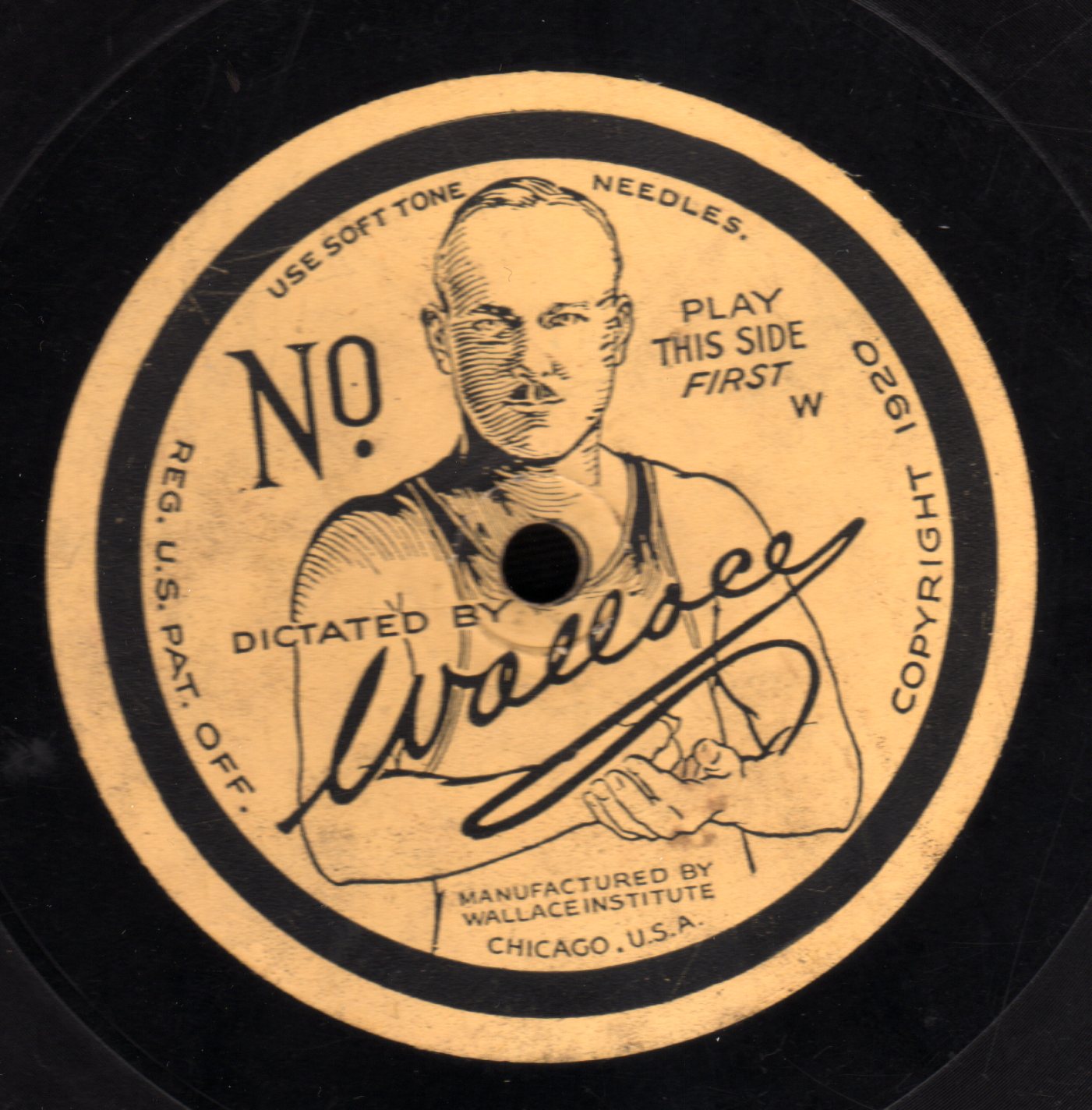 |
Echoes of History – The Battle of The Bathroom ScaleTime: 04:08Stream [Right-click to download] In this episode hear Wallace Rogerson and his "music method"--Dating to circa 1920, it is one of the first exercise phonograph records. --Audio from the original recording is in the collection of Anthony Wellman. This program was produced at Tabby Sound Studios. |
78rpm Wallace record label |
|
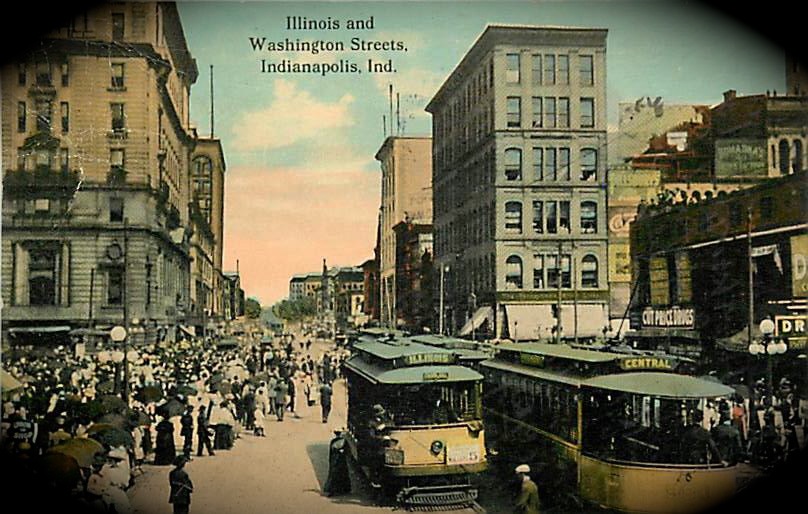
|
Echoes of History – "A Street Scene For The Ear"Time: 04:12Stream [Right-click to download] It is a "snapshot in sound" made at the corner of Illinois and Washington Streets in Indianapolis, Indiana, probably sometime in early 1932. In it you will hear sounds, once commonplace on that and thousands of other city streets, but now foreign to our ears today, including a surprise… --Audio from the original recording in the collection of Anthony Wellman. This program was produced at Tabby Sound Studios. |
The corner of Illinois & Washington Streets from an early 20th century postcard |
|
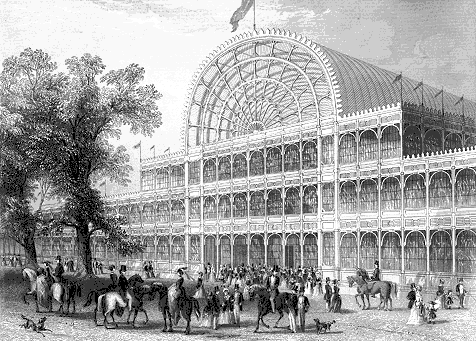 |
Echoes of History – "The Crystal Palace"Time: 04:01Stream [Right-click to download] --We thank the Edison National Historic Site, National Park Service, and United States Department of the Interior for the historic audio used in this program. For more information visit http://www.nps.gov/edis/index.htm. This program was produced at Tabby Sound Studios. |
Crystal Palace, London, from Tallis' History and Criticism of the Crystal Palace, 1852 |
|
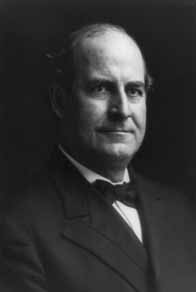 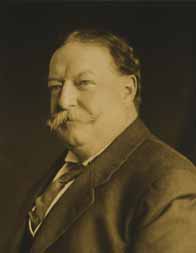 |
Echoes of History – "First Sound Bites"Time: 03:37Stream [Right-click to download] --We thank Archeophone Records and their production team, David Giovannoni, Meagan Hennessey, and Richard Martin for the historic recordings used in this episode of Echoes. The audio clips were selected from among the 22 complete Edison recordings of the candidates to be found on the Archeophone CD set: "Debate '08: Taft and Bryan Campaign on the Edison Phonograph." This program was produced at Tabby Sound Studios. |
Top: William Jennings Bryan, Bottom: William Howard Taft, Courtesy of the Library of Congress |
Opinions expressed in these podcasts are those of the producers, and do not necessarily reflect the views of ARSC. All original audio clips and visuals on this page are believed to be in the public domain. You may download and use these podcasts for any non-commercial purpose, news stories or educational use, so long as they are not modified and credit is given to ARSC and Anthony Wellman.
|
ARSC recommends that you also check the podcasts sponsored by the
Library of Congress that celebrate selected inductees to the National
Recording Registry. These short pieces on individual notable recordings
are entertaining and excellently produced by Ben Manilla Productions.
The series was honored with a Peabody Award in 2013. They may be
heard here: |
The Association for Recorded Sound Collections (ARSC) is a nonprofit organization dedicated to the preservation and study of sound recordings -- in all genres of music and speech, in all formats, and from all periods. Visit us at www.arsc-audio.org.